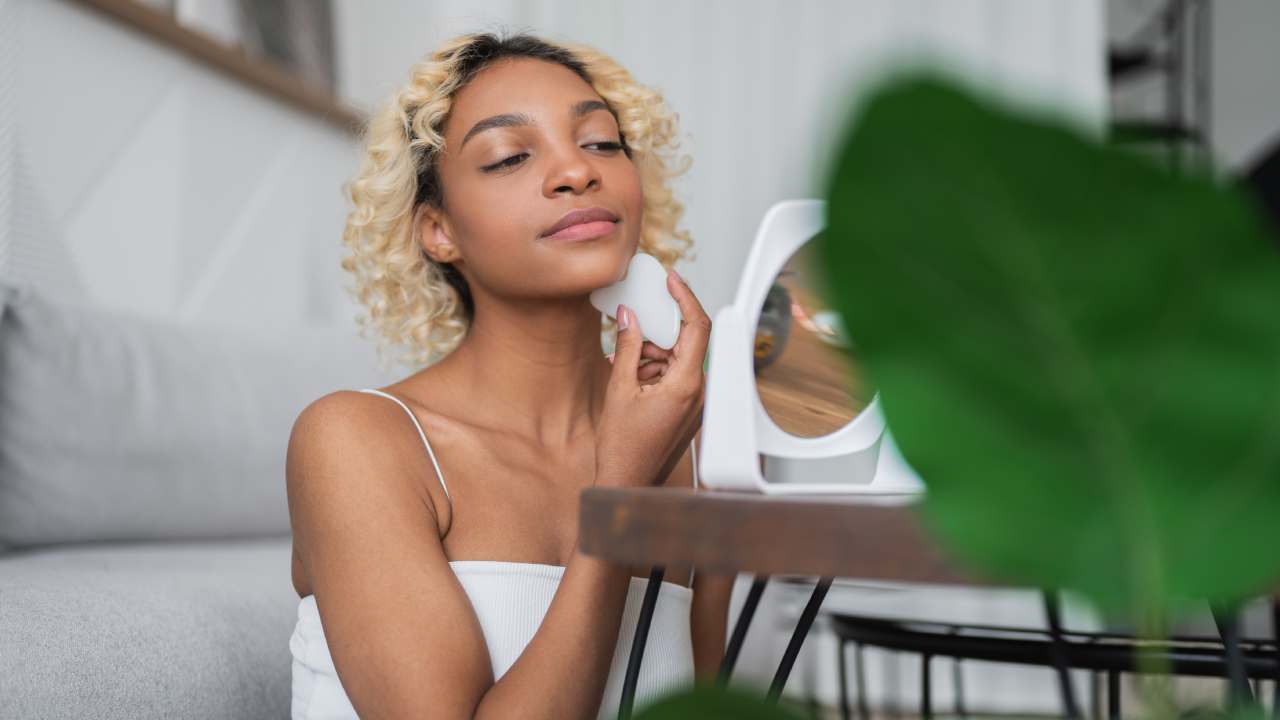You wake up in the morning, glance in the mirror, and notice your face looks unusually swollen. Perhaps you didn’t get enough sleep or indulged in salty foods the night before. While occasional puffiness can be harmless, persistent facial swelling may leave you feeling self-conscious and searching for solutions. If this sounds familiar, you’re not alone.
Facial puffiness can stem from various factors, including diet, hydration levels, or even underlying health conditions like poor circulation or chronic venous insufficiency. At Vein Treatment Clinic, we aim to help you understand the possible causes of swelling and provide actionable steps to address it. In this article, we’ll uncover five practical tips to reduce face puffiness and explore how vein health could play a role in persistent swelling.
1. Stay Hydrated
Hydration is essential for reducing face puffiness. Dehydration prompts your body to retain water, leading to bloating and swelling. Drinking plenty of water helps flush out toxins and maintains healthy circulation. Aim for 8-10 glasses daily, and consider adding hydrating foods like cucumbers and watermelon to your diet. Avoid excessive caffeine or alcohol, as these can dehydrate you and exacerbate puffiness. By keeping your body hydrated, you’ll not only combat swelling but also enhance your skin’s natural glow.
2. Limit Sodium Intake
A high-sodium diet is one of the leading causes of facial puffiness. Consuming salty foods causes your body to retain water, leading to swelling in your face and other areas. Reduce processed and packaged foods, which are often loaded with hidden sodium. Instead, opt for fresh fruits, vegetables, and whole grains. Cooking at home allows you to control your salt intake, and adding herbs and spices can enhance flavor without adding sodium. Small dietary changes can go a long way in reducing puffiness and improving overall health.
3. Use Cold Therapy
Cold therapy can work wonders for reducing a swollen face. Applying a cold compress, ice pack, or chilled facial roller helps constrict blood vessels and reduce inflammation. Keep a spoon or jade roller in the refrigerator and use it to massage your face in upward motions. This not only soothes swelling but also promotes better blood circulation. Incorporate cold therapy into your morning routine for a quick and refreshing way to depuff and rejuvenate your skin.
4. Elevate Your Head While Sleeping
The way you sleep can impact fluid retention in your face. Lying flat allows fluids to accumulate, leading to puffiness upon waking. Elevating your head with an extra pillow can help gravity work in your favor, preventing fluid buildup overnight. Additionally, ensure you sleep on a clean pillowcase, as allergens or bacteria can contribute to inflammation. Adopting these small changes to your nighttime routine can significantly reduce morning puffiness.
5. Practice Lymphatic Drainage Massage
Lymphatic drainage massage is a gentle technique for removing excess fluids and toxins from the face. Use your fingertips to apply light pressure, massaging in circular motions along your jawline, cheeks, and forehead. This stimulates lymph flow and improves circulation, reducing puffiness and promoting a more sculpted appearance. For the best results, incorporate this practice into your skincare routine a few times a week.
What Causes Facial Puffiness?
Facial puffiness can have numerous underlying causes. Here are some common factors:
- Dehydration: When your body lacks adequate water, it retains fluids as a protective mechanism, leading to swelling in the ankles. Chronic dehydration can contribute to persistent puffiness in the face and other areas.
- Dietary Choices: High-sodium foods, processed snacks, and alcohol can cause water retention, which can lead to swelling. Nutritional deficiencies like low potassium levels may also contribute to facial puffiness.
- Poor Sleep Quality: Inadequate or disrupted sleep can cause your body to produce more cortisol, leading to inflammation and puffiness, particularly in the face and under-eye area.
- Chronic Venous Insufficiency (CVI): While CVI primarily affects the legs, causing swelling in the ankles and poor circulation, it can also lead to systemic fluid retention, which may contribute to facial swelling.
- Allergies or Sinus Issues: Seasonal allergies, sinus infections, or exposure to irritants can cause fluid buildup and inflammation in the facial tissues.
- Hormonal Changes: Hormonal fluctuations, such as those during menstruation or pregnancy, can cause water retention and swelling.
Why Vein Health Matters
Persistent puffiness might not be just a cosmetic issue; it could be a sign of poor circulation or underlying venous conditions. Conditions like chronic venous insufficiency (CVI) occur when veins fail to efficiently return blood to the heart, causing fluid retention, swelling, and even varicose veins. While CVI is commonly associated with swelling in the ankles or poor circulation in the legs, its effects can extend to other parts of the body, including the face.
Healthy circulation is crucial for maintaining optimal skin health and reducing swelling. When your veins function correctly, they transport oxygen and nutrients while removing waste and excess fluids. However, if circulation is impaired, fluid can accumulate, leading to a swollen face or other symptoms of water retention.
At Vein Treatment Clinic, we specialize in diagnosing and treating venous issues using minimally invasive vein treatments. Whether you’re dealing with chronic swelling or unexplained puffiness, our board-certified vein specialists are here to help. With locations across New York, Long Island, California, Maryland, and New Jersey, we make it convenient to seek expert care. Contact us to schedule a consultation or request free insurance verification to learn more about how our vein treatments can improve your circulation and overall health.








